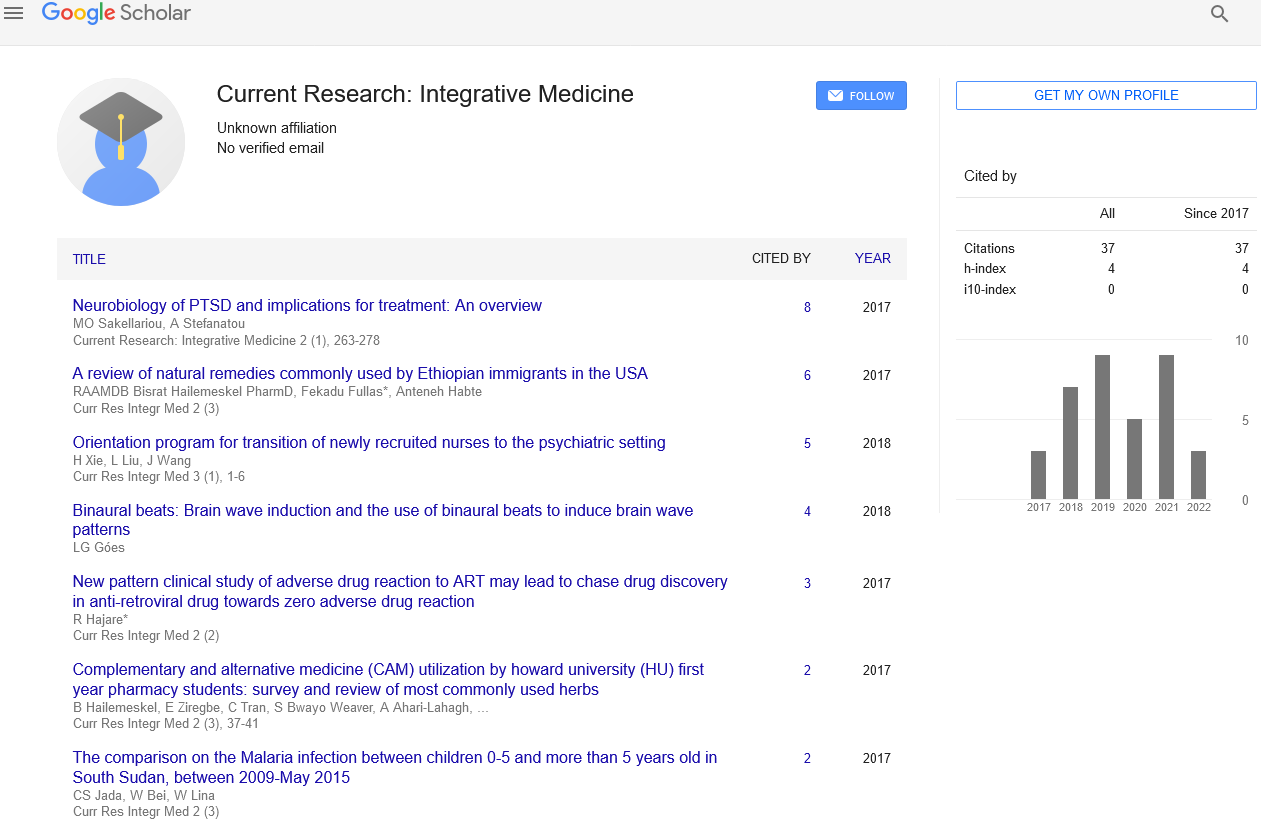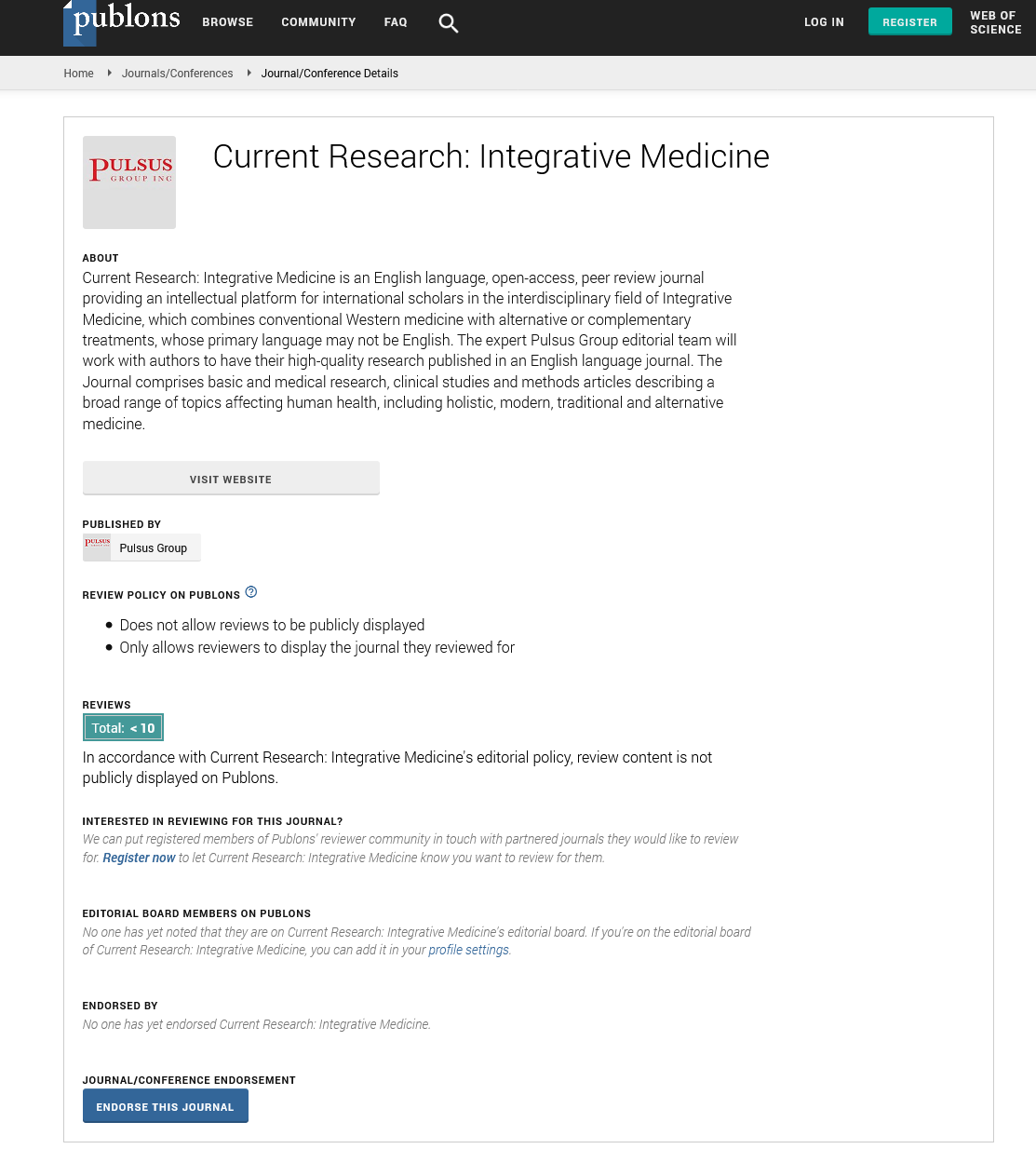
Sign up for email alert when new content gets added: Sign up
Evaluation of the efficacy of recombinant pollen and fruit allergens by ELISA and immune-blotting
World Biotechnology Congress
July 16-17, 2018 Berlin, Germany
Mohammad Fereidouni and Afshin Derakhshani
Birjand University of Medical Sciences, Iran
Posters & Accepted Abstracts: J Med Biotechnol
Abstract :
Introduction & Aim: Allergenic extracts from different sources extensively use for the diagnosis and treatment of allergic disorders. However, the potency and stability of commercial natural extract is vary and in some cases dramatically decrease by time mostly due to inherent enzyme activities producing recombinant allergens is proposed as an alternative method which can provide enough allergens and improves stability and potency of allergens. Among different methods for expressing the allergenic proteins, the E. coli system is the first-choice for the initial screening of as it can be easily manipulated, cultured inexpensively and grows rapidly. The aim of this study was to evaluate the potency of some recombinant allergens with natural extract by ELISA and immune-blotting methods.
Method: Recombinant major allergens of melon, grape, Chenopodium album and Salsola kali pollen were expressed in E. coli, lyophilized and purified by gel extraction. Total protein content was measured by Bradford method and after adjustment of the concentration with commercial natural extract; the potency of extracts was assessed by ELISA and immune-blotting methods using patients’ sera.
Results: The potency of pollen recombinant allergens was comparable with natural extracts but for grape and melon, the potency was better than natural extracts. With increasing the concentration of major allergens in extracts, the potency of extracts increased accordingly.
Conclusion: Recombinant allergens particularly for fruits which are unstable are the suitable alternative sources and can use in in vitro and in vivo diagnostic methods for allergy evaluation.
Biography :
E-mail: Dr.m.fereidouni@gmail.com





